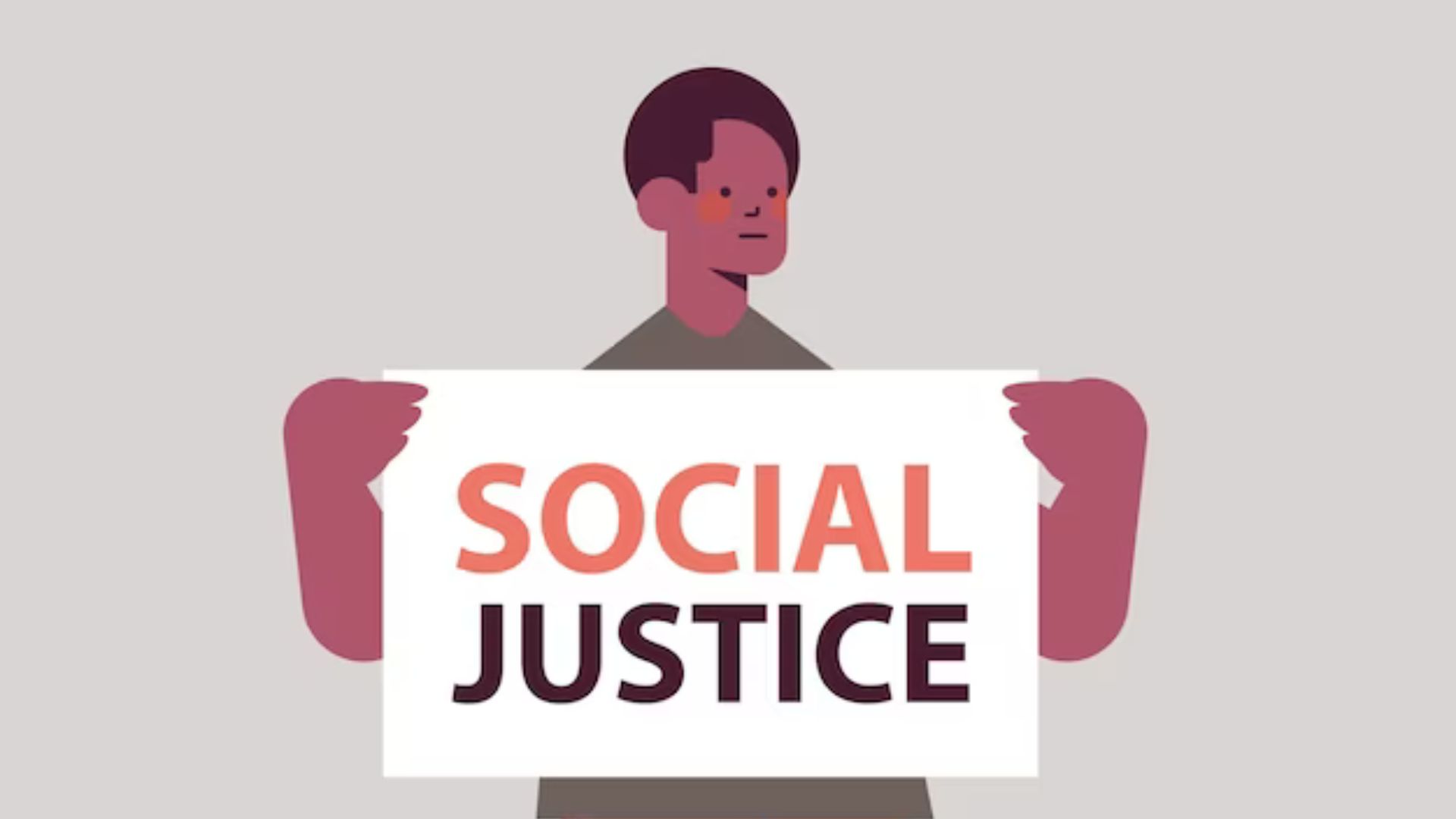|
Getting your Trinity Audio player ready...
|
Social justice activism stands as a vibrant thread, weaving narratives of equality, inclusivity, and meaningful change. Join us on a deep dive into the realms of Social Justice Activism, unravelling its historical significance, exploring contemporary movements, understanding the strategies driving positive societal shifts, and delving into the challenges and triumphs faced by activists on their quest for justice.

Defining Social Justice Activism
Social justice activism is a deliberate pursuit of fairness, equity, and inclusivity within society. It addresses systemic inequalities, challenges discriminatory practices, and advocates for the rights of marginalized communities. At its core, social justice activism seeks to dismantle barriers and create a more just and equitable world for all.
Historical Roots
Social justice activism has deep historical roots, with pioneers who laid the foundation for contemporary movements. From the Civil Rights Movement to the suffragette movement championing women’s rights, history is marked by courageous individuals who fought for justice and equality.
Contemporary Movements
**1. Black Lives Matter (BLM)
The BLM movement emerged as a powerful response to systemic racism and police brutality, gaining global recognition. With its roots in the acquittal of Trayvon Martin’s murderer in 2013, BLM continues to advocate for justice, equity, and an end to racial injustice.
**2. #MeToo
#MeToo transcends borders, empowering survivors of sexual harassment to share their stories. This movement has sparked vital conversations on workplace harassment, consent, and the need for cultural shifts in addressing gender-based violence.
**3. LGBTQ+ Rights
Activism within the LGBTQ+ community has fought for legal recognition, protection against discrimination, and equal rights. Achievements like marriage equality and ongoing advocacy highlight the resilience of the LGBTQ+ rights movement.
**4. Environmental Justice
Addressing the intersectionality of environmental and social issues, environmental justice activism advocates for fair distribution of environmental benefits and burdens. It emphasizes the disproportionate impact of environmental hazards on marginalized communities.
**5. Disability Rights
Activism within the disability rights movement seeks to eliminate barriers and discrimination, promoting accessibility and inclusivity. This movement challenges societal perceptions and advocates for equal opportunities for individuals with disabilities.
Strategies Driving Change
**1. Protests and Demonstrations
Historically, protests and demonstrations have been catalysts for change. From the March on Washington to modern-day protests, collective voices amplify demands for justice and systemic reform.
**2. Policy Advocacy
Social justice activists engage in policy advocacy, working to influence legislation that promotes equality and addresses systemic issues. This includes advocating for anti-discrimination laws, criminal justice reform, and equitable educational policies.
**3. Community Organizing
At the grassroots level, community organizing builds networks of support and solidarity. It empowers local communities to address specific issues, fostering collaboration and creating spaces for collective action.
**4. Social Media Activism
In the digital age, social media platforms serve as powerful tools for raising awareness and mobilizing communities. Hashtag campaigns, online petitions, and virtual activism contribute to a broader, interconnected movement for change.
**5. Education and Awareness
Social justice activism often involves educating communities and fostering awareness about systemic issues. Workshops, seminars, and educational initiatives play a crucial role in challenging biases and promoting understanding.
Challenges and Triumphs
While social activism has achieved significant milestones, challenges persist. Activists often face backlash, resistance, and systemic obstacles. However, the triumphs—policy changes, cultural shifts, and increased awareness—underscore the transformative potential of collective action.
Looking Forward
As we navigate the complex landscape of social justice activism, it becomes evident that the journey towards a more just and equitable society is ongoing. By understanding the historical roots, acknowledging contemporary movements, and appreciating the diverse strategies at play, we can actively contribute to the collective pursuit of justice.
Conclusion
Social justice activism is not a singular narrative but a chorus of voices echoing the call for change. Each movement, each voice, and each act of activism contributes to the broader symphony of progress. It is an invitation for all to participate, engage, and champion a world where justice knows no bounds. In embracing the diverse paths to equality, we collectively shape a future where social justice is not just an aspiration but a lived reality for all.
You might also be interested in the following:
Youth Activism: Unleashing a Resilient Force




